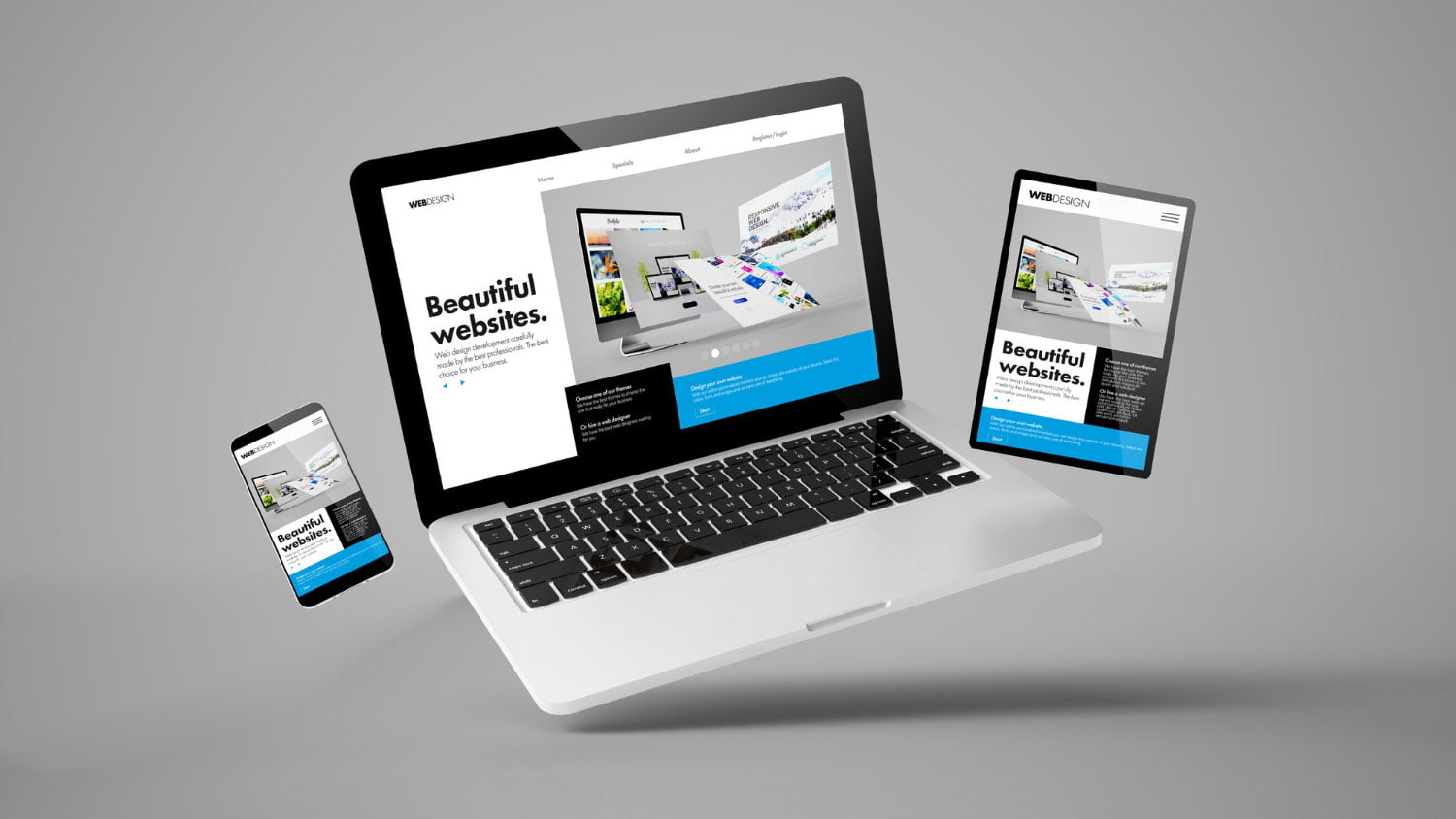In recent years, ecommerce websites have revolutionized the way we shop, making it possible for people to buy and sell goods and services online. The ease and convenience of shopping from the comfort of your own home, as well as the vast range of products available, has made ecommerce a booming industry. In this blog, we’ll take a closer look at what an ecommerce website is, its benefits, and some key considerations when building an ecommerce site.
What is an ecommerce website?
An ecommerce website is a website that allows businesses to sell their products or services online. It typically includes a catalog of products or services, a shopping cart, and a payment gateway to process transactions. Ecommerce websites come in a variety of shapes and sizes, from simple sites that sell a few products to complex platforms with thousands of products and advanced features.
Benefits of ecommerce websites
There are numerous benefits to having an ecommerce website, both for businesses and consumers. Here are just a few of them:
Increased reach: An ecommerce website allows businesses to reach a wider audience than a physical store would. With an online store, you can sell your products to customers all over the world.
Lower costs: Running an ecommerce store can be more cost-effective than running a physical store. There are no rental fees, utility bills, or other expenses associated with having a physical storefront.
Convenience: Ecommerce stores are open 24/7, so customers can shop at any time that’s convenient for them. This can lead to increased sales and customer loyalty.
Analytics: An ecommerce website allows you to collect valuable data about your customers, such as their buying habits and preferences. This information can be used to improve your marketing efforts and make better business decisions.
Considerations when building an ecommerce website
Building an ecommerce website requires careful planning and execution to ensure that it’s effective and user-friendly. Here are some key considerations to keep in mind:
Platform: There are numerous ecommerce platforms available, each with their own strengths and weaknesses. Consider your budget, your business needs, and your technical abilities when choosing a platform.
Design: Your ecommerce website should be visually appealing and easy to navigate. Consider hiring a professional designer to create a custom design that reflects your brand and meets the needs of your customers.
Product descriptions: Your product descriptions should be clear, concise, and engaging. They should provide customers with all the information they need to make an informed purchasing decision.
Payment gateway: Your payment gateway should be secure and easy to use. Consider offering multiple payment options to cater to different customer preferences.
Shipping and returns: Your shipping and returns policy should be clearly outlined on your website. Make sure that your shipping rates are reasonable and that your returns policy is fair and straightforward.
Conclusion
An ecommerce website can be a powerful tool for businesses looking to expand their reach and increase sales. By carefully considering the platform, design, product descriptions, payment gateway, and shipping and returns policy, you can create an ecommerce website that meets the needs of your customers and helps your business thrive.


